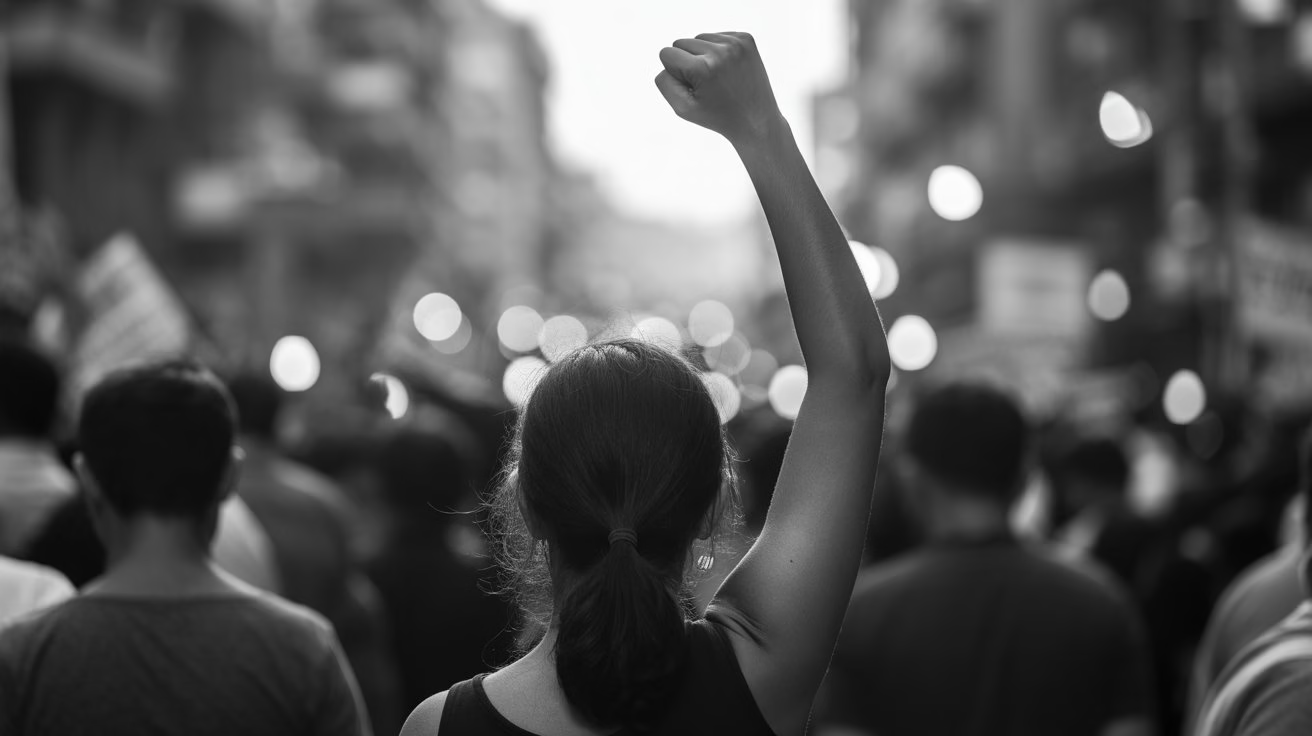Recent and rapid change among Myanmar’s neighbours has brought a moment of profound hope. In Bangladesh, a youth-led uprising has led to a new government headed by a Nobel laureate civil society leader. In Nepal, a similar youth-driven movement has appointed a bold anti-corruption judge as the first woman to lead an Asian country without being the wife, daughter, or sister of a powerful man.
These are not just political victories but human rights victories. They represent the powerful demand for accountable governance, an end to corruption, and a State that serves its people.
They are also a source of deep reflection and a stark reminder of the uniquely brutal path that Myanmar has been forced to walk. While young people in Nepal and Bangladesh successfully challenged entrenched establishments, Myanmar’s youth—who rose with such incredible bravery—have been met with a scorched-earth war waged by the very institution meant to protect them.
The architecture of brutality
The critical question for the human rights community is not why Myanmar’s dissenters are any less determined, but why the structures they face are so uniquely resistant to change. The answer does not lie in politics, but in the fundamental architecture of human rights abuse that defines the Myanmar military.
Unlike in Nepal and Bangladesh, where militaries are ultimately arms of the State, Myanmar’s military has long operated as the State itself. It is guided by a perverse doctrine that it is the nation’s sole “guardian,” a belief it uses to justify any atrocity in the name of national unity.
Second, Myanmar’s military is not just an army but a vast economic conglomerate. Through its sprawling business empire, it has the independent wealth to fund its own campaigns of terror, buying weapons and running operations completely outside of any public scrutiny. This economic self-sufficiency insulates it from the pressures that can sway governments. This is not a business enterprise but a financial engine of a human rights crisis, fuelled by the nation’s resources to oppress the Myanmar people.
These two factors culminate in the ultimate barrier to progress: a complete and total culture of impunity. For generations, Myanmar’s military has committed the gravest crimes under international law—from the atrocity crimes against the Rohingya to the systematic use of torture, sexual violence, and mass killings since the 2021 coup—without a single soldier ever facing a court of law. This has created a military that does not believe the law applies to it. It is this institutional DNA that makes its response to protest not tear gas and arrests, but fighter jets and mass executions.
A blueprint for a rights-based future
Understanding this structure is essential because it informs the path forward. A future, rights-respecting Myanmar cannot be built by simply replacing the individuals in power or replacing one military with many. The very architecture of State-sponsored violence must be dismantled. From a human rights perspective, three core reforms are non-negotiable:
1. Establishing the primacy of the rule of law
First and foremost, the military must be made subject to the law, not its arbiter. This requires a new constitution that establishes permanent, unambiguous civilian control over the armed forces. Any military that can legally overthrow a government is a military that will always be the single greatest threat to human rights. Security sector reform, including the vetting of personnel for rights abuses, is essential to creating a professional service that protects people, rather than preys on them.
2. Demilitarising the economy
The economic independence that funds the military’s atrocities must end. Dismantling the military’s conglomerates and bringing the entirety of the defence budget under transparent, civilian parliamentary control is a human rights imperative. When the flow of money is made public, the ability to wage a secret war on civilians is drastically curtailed.
3. Ending impunity through transitional justice
There can be no durable peace or respect for human rights without accountability. The cycle of violence will only continue if its perpetrators believe they will never face consequences. A future Myanmar must establish credible, independent judicial mechanisms to prosecute those responsible for atrocity crimes. A comprehensive truth commission is needed to officially document the abuses of the past, and a reparations program is essential to acknowledge and address the suffering of millions of victims. This is not about revenge but affirming the universal right to justice and ensuring these horrors can never be repeated.
The journey of Myanmar is undeniably hard and soaked in blood. The lesson from Nepal and Bangladesh is not one of tactics but of principle. They have shown that a generation’s demand for dignity and accountability can, and must, win. The struggle in Myanmar is a fight for those same fundamental principles. It is a fight to build a nation where the rights and security of the people are the State’s only priority, and where no one is above the law.

